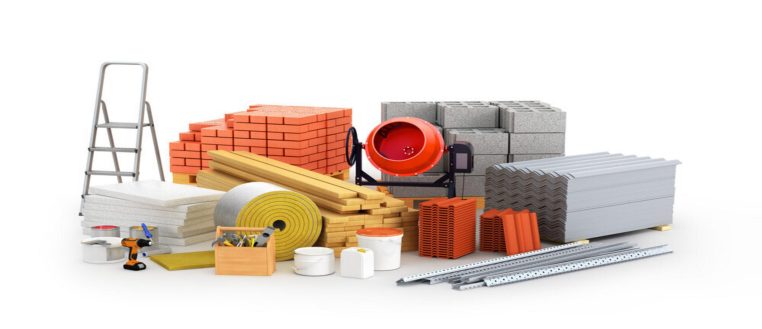Introduction
In the vast realm of construction, the choice of materials plays a pivotal role in determining the success and sustainability of any project. The selection process involves a careful balance of various factors, each contributing to the structure’s overall functionality, aesthetics, and environmental impact.
Understanding Project Requirements
Before delving into the sea of construction materials, it’s crucial to understand your project’s specific requirements clearly. The needs can vary significantly, whether it’s a residential building, commercial space, or an industrial facility.
1). Budget Considerations
While everyone desires top-notch materials, budget constraints are a reality. Striking the right balance between quality and cost-effectiveness is essential. Careful financial planning ensures that you get the best materials without compromising your budget.
2). Environmental Impact
In an era of increasing environmental awareness, selecting construction materials with minimal ecological impact is paramount. Opting for sustainable and eco-friendly options benefits the planet and enhances the project’s overall reputation.
3). Durability and Longevity
No one wants a structure that crumbles under pressure. Assessing the durability and longevity of construction materials is critical. Investing in materials that withstand the test of time ensures the structure’s longevity.
4). Material Strength and Load-Bearing Capacity
Understanding the intended loads and stresses on the structure is crucial. Selecting materials with the appropriate strength and load-bearing capacity guarantees the safety and stability of the construction.
5). Aesthetic Appeal
Functionality is key, but aesthetic considerations should not be overlooked. Choosing materials that align with the desired look and feel of the project adds a layer of finesse to the final outcome.
6). Local Availability
Opting for locally sourced materials comes with numerous benefits. It supports the local economy and reduces the environmental impact associated with transportation.
7). Energy Efficiency
Incorporating energy-efficient materials contributes to sustainable construction practices. From insulation to roofing materials, making choices that enhance energy efficiency is a wise investment in the long run.
8). Ease of Maintenance
Consider the long-term maintenance requirements of the chosen materials. Low-maintenance options may initially cost more but can prove cost-effective over the structure’s life.
9). Innovations in Construction Materials
Staying abreast of the latest innovations in construction materials opens up new possibilities. Exploring cutting-edge technologies can revolutionize your project from self-healing concrete to advanced insulation.
10). Regulatory Compliance
Ensuring that selected materials meet local building codes and regulations is non-negotiable. Non-compliance can lead to delays, fines, and potential safety hazards.
11). Collaboration with Suppliers
Establishing strong relationships with reliable suppliers is essential. It ensures a smooth supply chain, timely deliveries, and access to quality materials.
Case Studies
Examining successful case studies provides valuable insights. Real-world examples of projects with well-thought-out material selection offer practical lessons for future endeavors.
Conclusion
In conclusion, the process of selecting the right construction materials is a multifaceted task that requires careful consideration of project requirements, budget, environmental impact, and more. The choices made not only impact the immediate construction but also have lasting effects on the functionality and sustainability of the structure.
Frequently Asked Questions
What are the key factors to consider when selecting construction materials?
The key factors include project requirements, budget considerations, environmental impact, durability, material strength, aesthetic appeal, and more.
How can I ensure regulatory compliance with selected materials?
Ensuring regulatory compliance involves thorough research on local building codes and regulations. Consultation with experts and authorities is advisable.
Why is collaboration with suppliers crucial in construction material selection?
Collaborating with reliable suppliers ensures a smooth supply chain, timely deliveries, and access to high-quality materials, which are crucial for project success.
Are there any eco-friendly options for construction materials?
Yes, many eco-friendly options exist, including recycled materials, sustainably sourced wood, and energy-efficient solutions.








